In an attempt to garner support and aid from the United States during World War II mass media became a way to foster support and aid. Therefore, British Propaganda became essential towards boasting moral and sympathy during the war. Posters were created and directly aimed at specific topics such as food rationing, military tactics, sexually transmitted diseases and child evacuations. Some of these posters were created in groups and some individually created towards these subjects. One such group is the Careless Talk Costs Lives Posters also known as the Anti-Gossip Campaign, where a number of posters were aimed to keep military personnel from discussing vital information. The fear that Hitler’s Spies were everywhere and could be anyone were implied in the images created.
Images from the Careless Talk Costs Lives Collection from The Imperial War Museum:
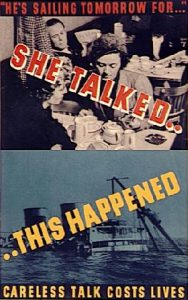
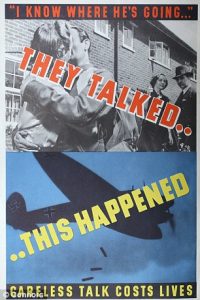
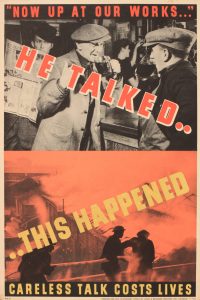
Many of the Careless Talk Costs Lives posters were created by a man named Kenneth Cyril Bird a.k.a Fougasse (1887-1965). The images above are not claimed by any particular artist but it is known that Fougasse drew many of the propaganda posters associated with the Anti-Gossip campaign. The “She Talks …This Happened” poster can be viewed at the Imperial War Museums website http://www.iwm.org. However, it can be presumed that Fougasse’s art inspired others to create media in such a way as to aid with the war effort. The following is an image created by Fougasse his self. http://www.rennart.co.uk/fougasse.html

During WWII it became vital as a means of national security that secrets be kept under a tight noose. In an effort to minimize talking and the breach of vital information, Britain re-created the World War I Ministry of Information during WWII on September 4, 1939. The MOI was in charge of mainstreaming the media necessary to direct at the United States in such a way as to portray the Nation’s pseudo-calm attitude concerning the war. https://topics.revolvy.com
However, the target audience for these posters would have been individuals in the armed forces. Depending on the MOS (American term for Military Occupational Specialty) of the person, a clearance would have been given such as Secret, Top Secret, and Confidential. These terms are mainly used in the U.S. I attempted to look up information concerning security clearances at the British Army website, I could really find is that the British Army appears to move up their soldiers in a tier or level formation. So I am assuming everyone gets the same level of training and depending on the individual they choose how far they will go in terms of education. I could not tell whether or not an MOS is chosen prior to enlisting, during or depending on some form of testing. http://www.army.mod.uk/home.aspx. Either way, the propaganda posters were meant to remind soldiers to stay quiet and keep whatever information they were carrying to themselves.
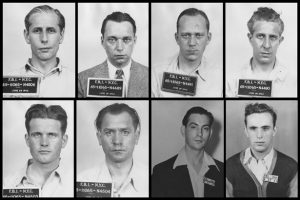
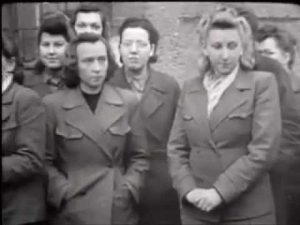
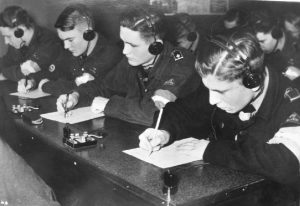 British Intelligence and Spies
British Intelligence and Spies
I know from personal experience of having served in the United States Navy, how important even something as small as installing a fuse onto a bomb, knowing the name of a certain missile and how it functions are detrimental to National security. Having a cousin in the United States Army who was deployed to Iraq, I can not tell you how many times our conversations were cut off because I carelessly asked him “Where are you?” or “How was the flight there?”. Therefore, the media posters of WWII Britain are the then technological advancement of saying, “keep your mouth shut”. Spies look like the average Joe/Jane and the life of British soldiers depended on discretion. I wish to believe that the posters helped keep talk to a minimum but the honest truth is no I do not think they did. Oftentimes, soldiers may or may not tell a loved one their whereabouts, where they are headed or why they can not accomplish some feat they would have normally done. It is in these instances that a person walking by or coincidentally stumbling upon a conversation that something is overheard or a connection is made. I think all the posters really accomplished was in making the public aware that the enemy was closer then they would have preferred.
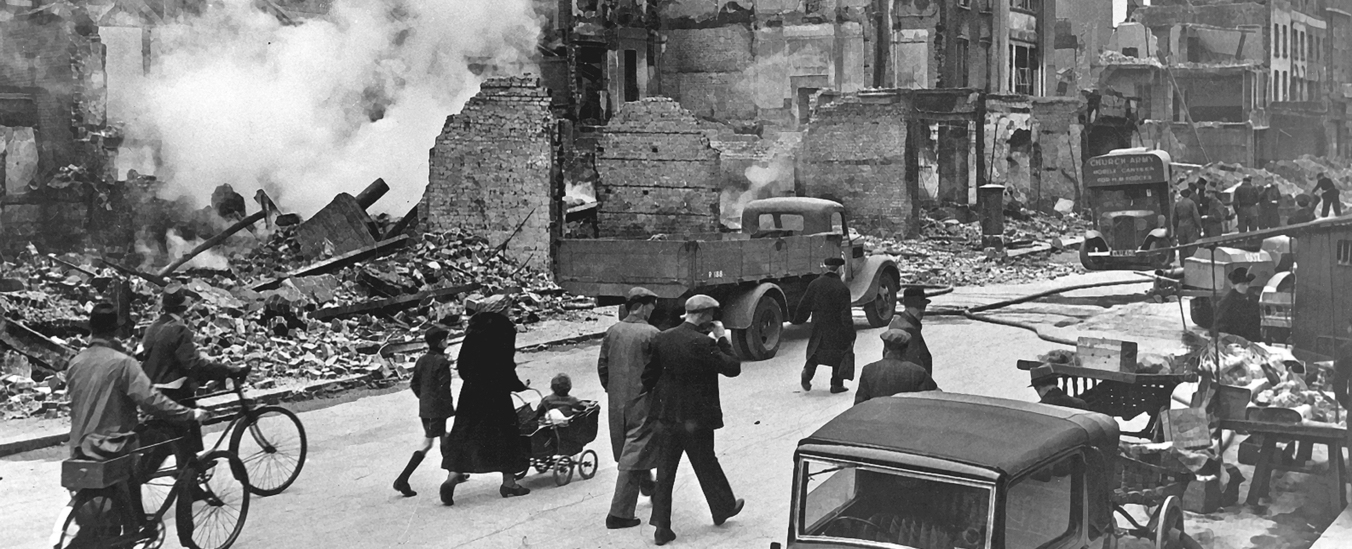






Melissa Dinsman
I like the connections you drew to your own service in the military. It it is true that this “keep mum” mentality persists today. What is striking is that during WWII it was also expected of civilians. And I think you are right in assuming that it probably would have caused fear of the enemy more than any real stopping of gossip.